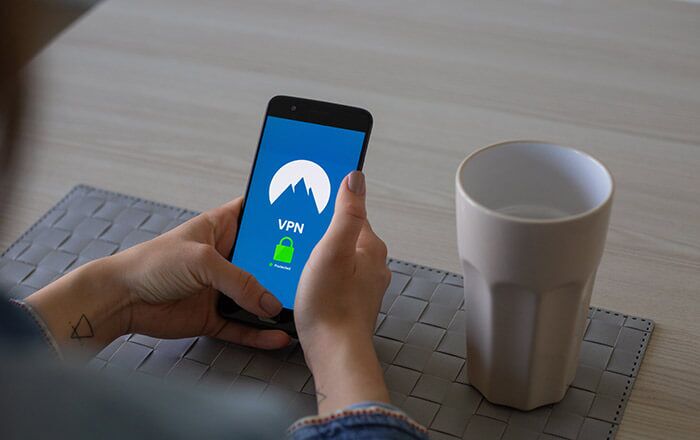Optimising Your VPN Experience
A VPN services is essential to remaining safe when working remotely, although it’s important that once set up, you learn how to proactively optimise it in order to boost your performance.
In this topic
Here are our top five tips for maximising your VPN experience.
- Pair It with an antivirus
- Enable aa Kill Switch
- Understand the impact of setting up a VPN
- Protect All of Your Smart Devices
- Encrypt Your LTE Connection
Pair it with an Antivirus
A Virtual Private Network will encrypt your network traffic, preventing others from viewing intercepted data, it can also provide advanced web filtering for malicious sites, which can be an additional defence against cyberattacks, malware and phishing. However, it’s more than likely that a Virtual Private Network will not warn you when you visit a malicious website, for this reason we strongly recommend a reliable antivirus software, which will actively monitor viruses, malware and computer bags within files and applications. Both technologies are equally important and by combining the two services provides additional security for your computers.
Enable a Kill Switch
Have you ever wondered what happens if your Virtual Private Network server goes down or disconnects while you are entering important data and you don’t realise the connection goes down? If you don’t have a Kill Switch, your computers will reconnect to the network without informing you, this is the scary part, as this can put you at risk.
A kill switch is one of the most important features a consumer should get, as this service blocks sending and receiving data until the VPN connection is re-established besides making sure your IP address is never exposed online in the event of a dropped connection in your Virtual Private Network server. Ultimately both services are essential to maximise your protection, when you select a Kill Switch Feature make sure it has been enabled.
Understand the Impact of Setting Up a VPN on Your Router
Having a VPN on your home router may seem like a secure boost to your cybersecurity, but it’s actually the opposite. While it’s possible to install it on your routers, this is not the safest option because most routers lack the processing power of a modern CPU. Having a number of devices connected to the same VPN server can reduce the speed of your internet significantly.
Instead, set up a VPN for each personal device to prevent a bottleneck of data to your router while simultaneously securing it at all access points. Selecting an easy-to-use VPN solution with cross-device functionality will make this task much easier on the end user, while providing maximum security.
Protect All of Your Smart Devices
Mobile security threats continue to grow every year, we tend to think a nefarious hacker out to steal and sell your data. But not all data collection is illegal. As a matter of fact, despite the privacy precautions we take, ISP can see everything we see browse online, as this is a huge revenue stream for marketing purposes, also the data IPSP tracks may be assessed for other organisations. protecting your devices such as tables, phones and computers with a VPN is the best way to prevent your data from potentially being monitored by third parties.
Encrypt Your LTE Connection
Long-term evolution (LTE) remains vulnerable to an attack, although it seems more secure than public WIFI. This attack can fool your device into using a malicious DNS server, which will direct you to websites until you browse a significant site like your online banking, meaning your data is not protected and makes possible for the attacker to manipulate your IP address. However, you can maximise the security on your devices by wrapping your LTE connection in a VPN, allowing you to access your most sensitive data confidently.
Conclusion
When it comes to getting the most out of your VPN, this list is just the beginning. Our privacy concerns and security needs will continue to change as our connected devices mature.
For more information about VPN contact our highly experienced IT support in London, totality services is your go-to firm.
